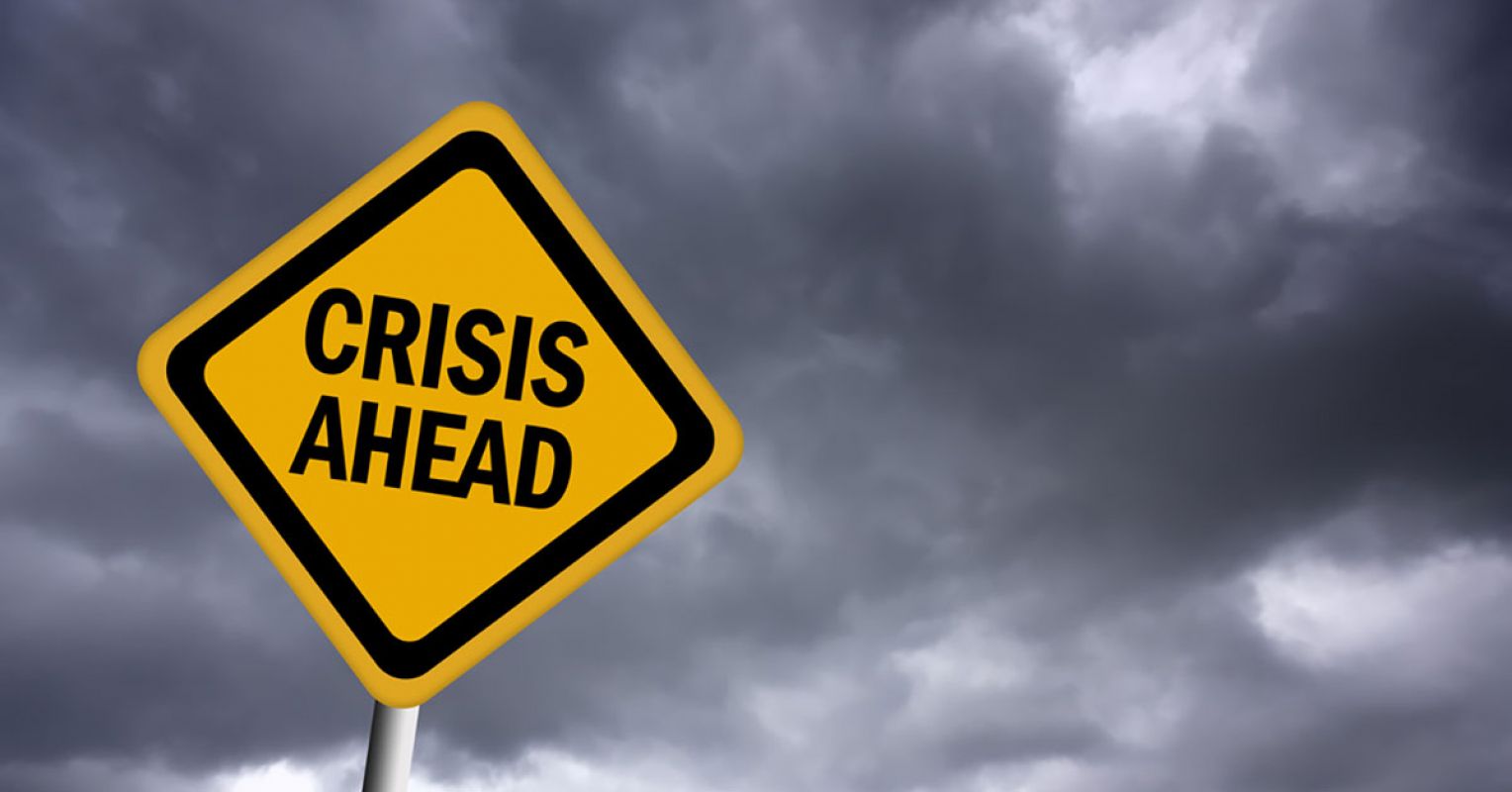Several years ago, as retirement began to loom, I knew I wanted to form my own company. At that time the “Why” for doing so was unclear. The reality of it is I love to share information. I am NOT a fan of the term’s instructor, teacher, and definitely not expert. I look at myself as a doorman. My job is to open doors for people, plain and simple. Now, whether or not the people look into that open door, or even step inside of the room is entirely dependent on them. One thing I have learned is you cannot make people learn. Let’s dive into the topics of Guns, Gear, and Deliberate Training.
Let’s start the conversation with guns. Recently I have seen training companies on social media bashing certain gun manufacturers and then only promoting a specific one as it relates to concealed carry. The average person just starting their journey into firearms training is going to see things like this and think it is gospel. This is 100% wrong in my opinion. When it comes to getting the right gun, I always recommend people shoot as many guns as they can before they make a purchase. Walking into a gun store to buy a gun, when you have no experience, is a good way to get taken for a ride. The average citizen is buying a firearm, specifically a handgun, for a defensive purpose, whether that is to keep in the home or to obtain their concealed carry permit. The very first thing I ask a new client is what their intent is to train with firearms? This will guide me in getting the right gun for them. Back to the training. This isn’t to say their interest won’t change or evolve into other aspects, but it helps me to establish a baseline. Fortunately, a wide variety of training curriculum transcends so clients will be exposed to more than just standing there and firing one round at a time. Now, time for some brutal honesty. There is a very small percentage of the time when a firearm is needed to resolve the average citizen’s problem. But when it gets to that point the gun is the only option, that’s the caveat. Short of that are you also training combatives? Do you have any other “less lethal” options with you? My guess is a small percentage of people do and have. You cannot shoot your way out of every problem and expect to not end up in prison.
For the majority of career, I was a gear junkie. Honestly, I could open a small equipment store with the stuff I have in numerous large sized storage containers I have. There is no shortage of options for everything you can imagine you need to outfit yourself. Whether you are looking for plate carriers, slings, pouches, optics, chest rigs, backpacks…well you get the picture, you can find anything and everything. I am going to give you the top tier cheat code for gear. Are you ready? Buy once, cry once. That means buy a quality firearm from a reputable manufacturer, buy a quality optic/ sights, buy a quality holster. When it comes to plates and plate carriers, get tested NIJ certified plates and battle tested carriers. With the plethora of gear on the market there is no shortage of junk either from companies more than willing to take your hard-earned money. Now, I am not saying you need to spend endless amounts of money because it was endorsed by or manufactured by a guy or group of guys with a “Special Operations” pedigree. Sometimes you are paying for the pedigree and not the quality of the products. It really comes down to your “Mission”. If you carry firearms as part of your full-time job you will need more gear. If you have your CCW and like to train in other disciplines, well that’s a different mission. The biggest mistake I see with folks is they buy gear and never train with it; this includes cops who deploy that piece of gear every day. They buy it, attach it to their person and forget about it. Then when they get in a training environment, or worse a real-life situation, they figure out they cant’s find it or use it efficiently. So, buy once, cry once and then train with it like your life depends on it…because it just might!
Let’s dive into training, more specifically “Deliberate” training. So, I am not going to quote Merriam Webster on the definition of deliberate but rather give you, my definition. Deliberate training is about setting your intention. What does that mean you ask? It circles back to your mission and required skillset. If you are a full-time law enforcement officer your focus should be your tools, tactics, and mindset specific to your position. If you do executive protection work, it should be focused on that. If you are a responsible armed citizen with a CCW, you should be focused on that. Let me expand on that. Cops DO NOT get enough department training on the average. As a matter of fact, they qualify 2-4 times a year, but they get very little skill development. It has been proven time and time again a qualification is not training. Absent being assigned to a SWAT team, fugitive apprehension team, surveillance team, etc. you are just checking the department boxes as a patrol cop. Conversely, as a private citizen with a CCW, how much “training time” are you devoted to that CCW environment. I am going to be honest; I see a lot of people who are non-military, non-LE spending a lot of time running around with plate carriers and full shooting rigs training that way. In my opinion, training for a scenario that is not realistic. Now if your CCW skills are beyond exceptional, then go ahead and do that sexy stuff. If not, maybe we need to balance things out. I am all for training, but we should be keeping it in perspective.
I want to talk about trainers and training companies for a minute. There is no shortage of people and companies conducting training. Some are good, some are great, and some are deplorable. Currently in law enforcement there is a surge of tactical teams training with Special Operations based companies and I, like others, feel this is problematic. The reason is, operating in war time conditions with a different mission set and rules of engagement do not translate to domestic law enforcement. The local, state, and federal laws LE must operate within are very restrictive lane, and with good reason. Speed, surprise, and aggression are not looked upon kindly in the current law enforcement climate. Time, distance, and shielding are some of the foundations of “de-escalation” that is the focus of today. You don’t have to like it, but it is where we are in 2023. Now look at it from a civil courtroom environment. When your training records are called into court, and they will be, if you are basing your tactics and, in turn procedures and decision making on military teams, well it won’t take a much for a mildly experienced plaintiff’s expert to destroy you. Right about now some of you are calling me biased or a “Hater”. Quite the contrary I am encouraging you to train with as many people as you can to garner perspective. I few sentences ago I mentioned that some of the military stuff does not translate well to domestic law enforcement. It is your job, regardless of if you are law enforcement or a civilian, to take what you learn and translate it to your world. A violent encounter does not end when the last punch is thrown or the last round it fired. It ends when you are cleared criminally and civilly. And don’t forget about the physical and mental toll it will take on you and your loved ones. One of my favorite quotes from Paul Howe’s book, Leadership and Training for the Fight is “Amateurs do it until they get it right, professionals do it until they can’t get it wrong.” See the difference? Be a professional. And finally, stay dangerous.
Cheer mates!
Jon







